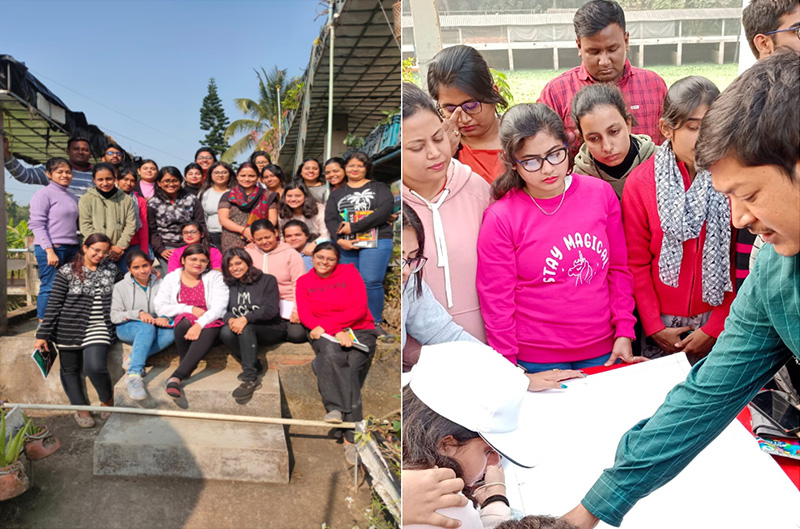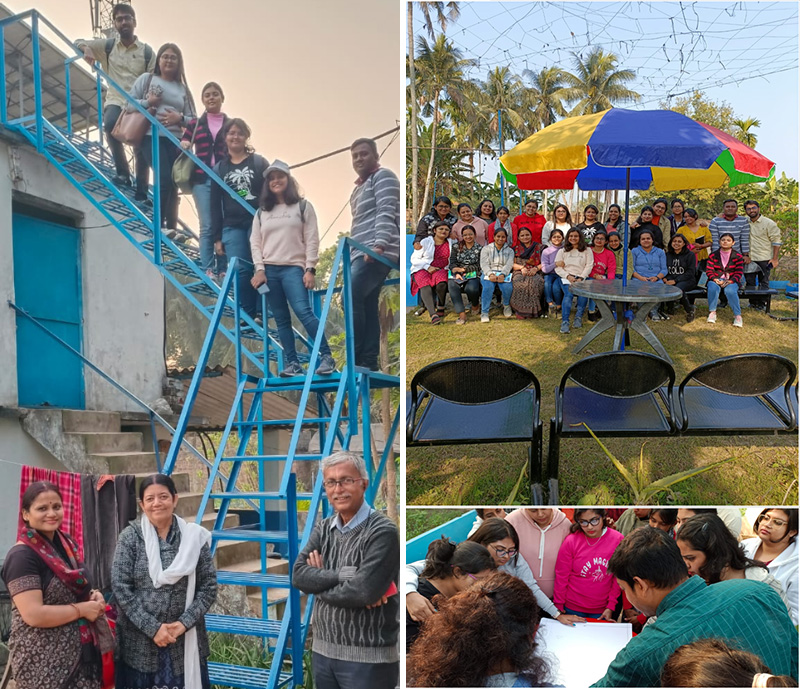
Not all work done by children should be classified as child labour that is to be targeted for elimination. The participation of children or adolescents above the minimum age for admission to employment in work that does not affect their health and personal development or interfere with their schooling, is generally regarded as being something positive. This includes activities such as assisting in a family business or earning pocket money outside school hours and during school holidays. These kinds of activities contribute to children's development and to the welfare of their families; they provide them with skills and experience, and help to prepare them to be productive members of society during their adult life.
The term "child labour" is often defined as work that deprives children of their childhood, their potential and their dignity, and that is harmful to physical and mental development. It refers to work that: is mentally, physically, socially or morally dangerous and harmful to children; and/or interferes with their schooling by: depriving them of the opportunity to attend school; obliging them to leave school prematurely; or requiring them to attempt to combine school attendance with excessively long and heavy work.
Whether or not particular forms of "work" can be called "child labour" depends on the child's age, the type and hours of work performed, the conditions under which it is performed and the objectives pursued by individual countries. The answer varies from country to country, as well as among sectors within countries.
Every year the students of MSW department of IISWBM conduct a campaign in and around Kolkata to spread awareness and enlighten people about it and its consequences.
Similarly the batch of 2022-2024 celebrated anti child labour week in the month of June. By forming groups and spread awareness in various parts of Kolkata and suburban areas. The groups spread awareness among the people of the society so that they can also encourage others.
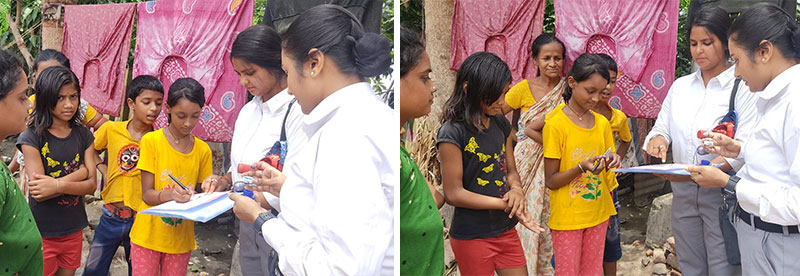
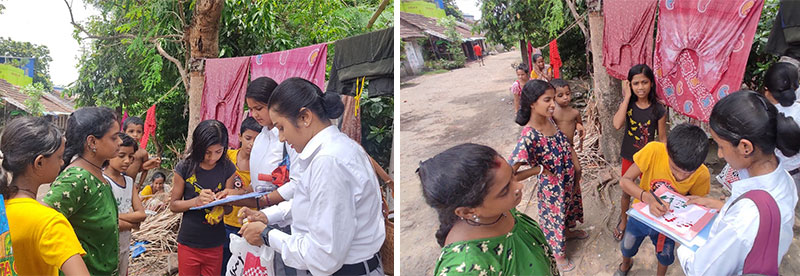
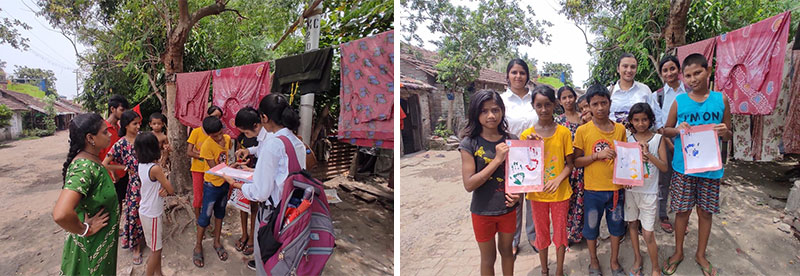
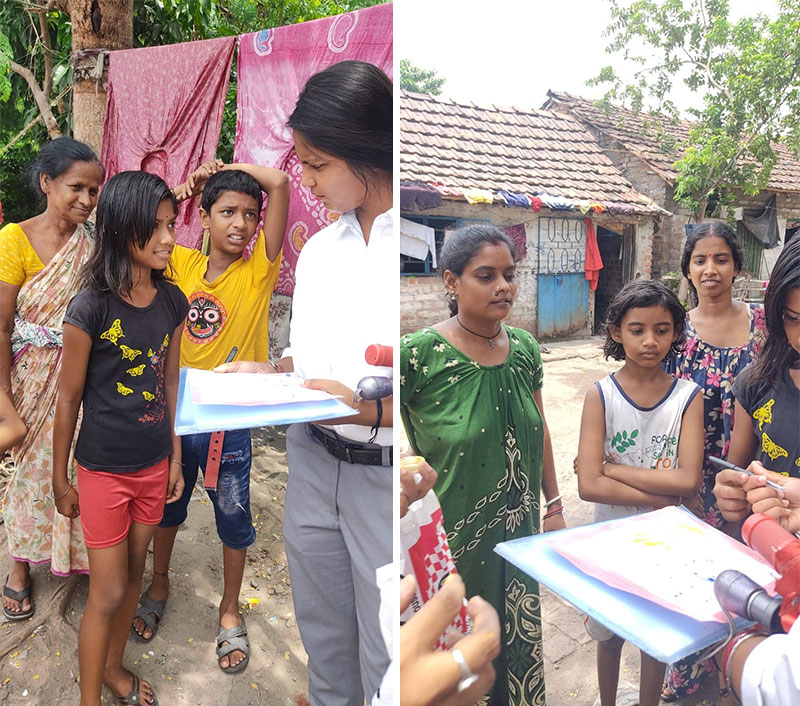
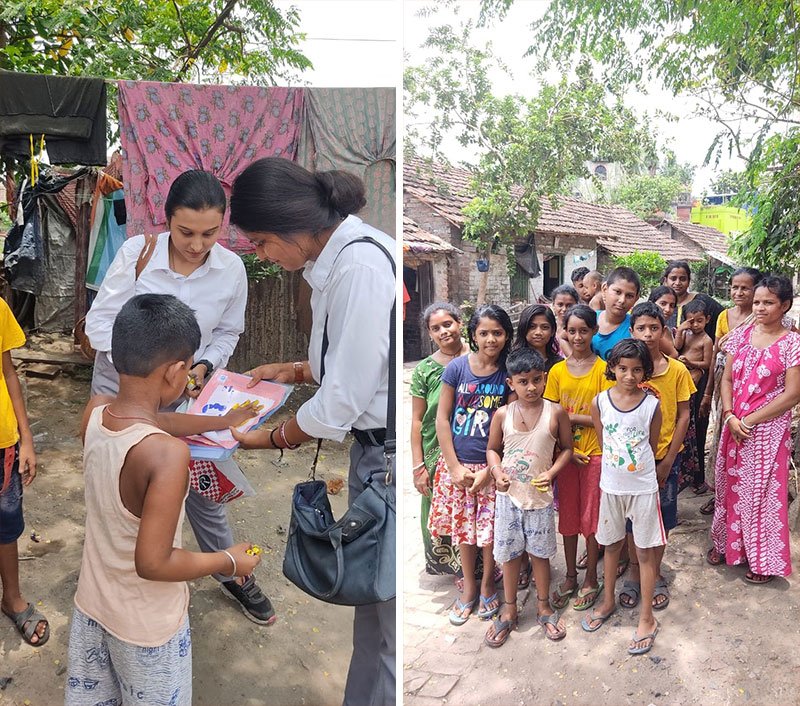
MSW 4th Semester students recently had a fascinating field visit to Tona Village Organic Farm, located in Machibhanga, Lauhati-Rajarhat Area, on January 11, 2023. The field trip was organized by Dr. Gita Khawas, a faculty member of the MSW Department. During the visit, the students were introduced to the rich history of Tona Organic Farm by its founder members, Dr. Sonali Sen Gupta, and Mr. Uday Bhanu.
The students had an opportunity to learn about various aspects of organic farming. They were taken around the farm to see different fields, machinery, and the process of extracting mustard oil. They also visited animal shelters and gained insights into sustainable farming systems. The students learned about community participation in natural farming systems and the importance of using organic fertilizers, herbs, and pest control methods to promote healthy living.
The students were given a chance to interact with the members of the Tona Village community and were assigned a task to create a Social Map and a Resource Map on the spot. Furthermore, the organization's initiatives for promoting healthy living were discussed, including the production of Nature's power-packed health products. The visit was an excellent opportunity for the students to gain practical experience and learn about sustainable farming practices.
